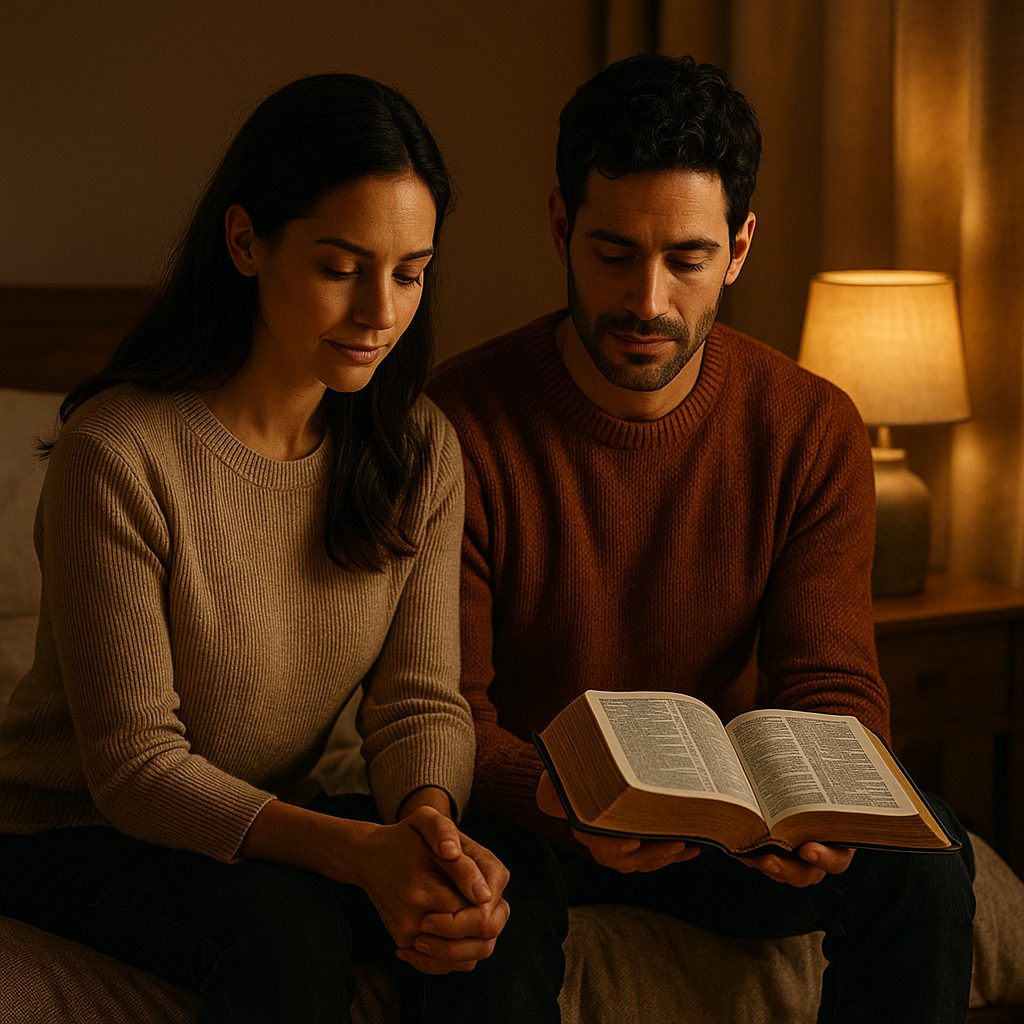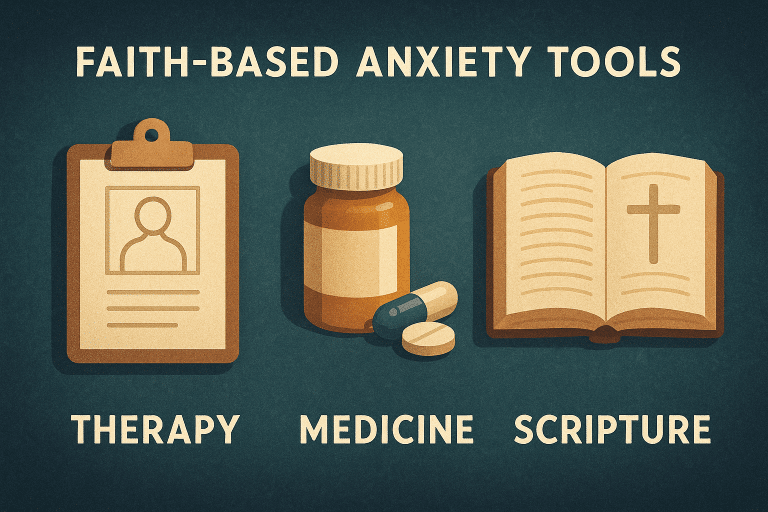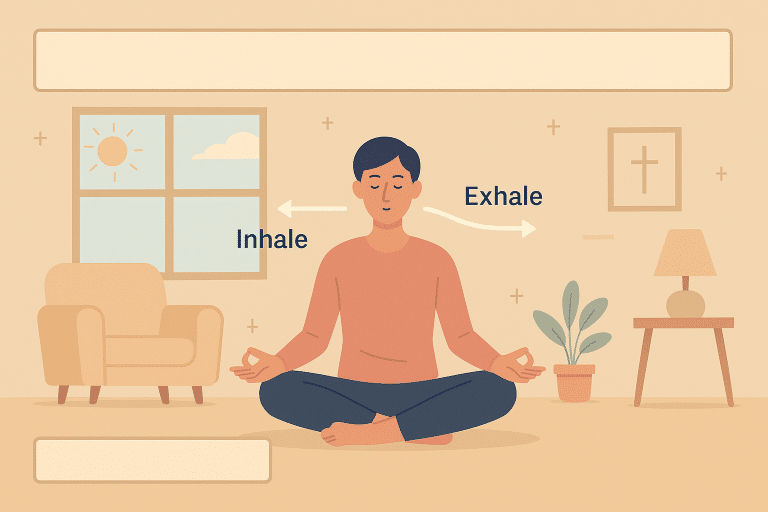Highly Sensitive Person Relationship Tips For Christian Marriages
Estimated reading time: 7 minutes
Introduction
If you identify as a Highly Sensitive Person (HSP), your heart likely notices everything in love. Because your nervous system processes more information more deeply, daily life and conflict can feel loud. Yet your sensitivity is not a flaw; it is part of how God formed you. Therefore, this guide offers practical, research‑backed highly sensitive person relationship tips you can use today while you walk closely with Jesus. For scientific grounding, see the fMRI research on sensory processing sensitivity by Acevedo and colleagues, which shows greater activation in empathy and awareness networks in highly sensitive adults (2014 study on HSP brain activity). Additionally, remember that not all HSPs are introverts; about a third are extroverts, so sensitivity is a temperament, not shyness (Psychology Today overview). Finally, if you carry shame around “being too much,” take heart: Scripture portrays tenderness as strength (Psalm 34:18; Proverbs 15:1). Consequently, your design can become a blessing to your marriage as you learn to protect peace, communicate clearly, and receive God’s comfort.
Because this article summarizes and applies a Christian, research‑informed approach, you will see brief links to psychological and faith resources throughout (for example, Judith Orloff, MD, on HSP relationship needs and a Christian perspective on appropriate medical care). Moreover, every practice below aims to be simple, actionable, and loving so you can pursue joy without losing depth.
Why High Sensitivity Affects Romance: Causes And Strengths
High sensitivity (often called sensory processing sensitivity) describes a normal temperament found across the population. Because HSPs process stimuli deeply, they notice subtle tone shifts, facial expressions, and environmental noise that others overlook. As a result, crowded rooms, bright lights, or relentless schedules can overstimulate you. However, those same qualities power extraordinary empathy and discernment in marriage. For a readable primer, see this practical overview of HSP traits and common signs (Healthline on HSPs in love). Additionally, many HSPs fit the D.O.E.S. pattern: Depth of processing; Overstimulation; Emotional responsiveness; Sensitivity to subtleties. Therefore, you and your spouse will thrive when you build predictable rhythms that reduce overload and amplify your gift for care, prayer, and gentle attention. When a partner understands that your retreat to quiet is recovery, not rejection, emotional safety increases and conflict frequency falls.
Because your brain integrates more data, you may ruminate after small disagreements. Consequently, a minor comment can echo. To counter this cycle, agree on two fast checkpoints: first, a moment to clarify intent (“Did you mean X, or did I read that wrong?”); second, a brief prayer together (“Lord, give us gentleness and light”). These micro‑practices reduce misread signals and invite grace. Furthermore, gratitude lists and short nature walks regulate the nervous system and restore bandwidth for connection.

Solutions That Protect Peace And Deepen Connection
Build a shared rhythm that honors sensitivity. First, block a daily “quiet reset” after work or errands. Because short decompression prevents emotional flooding later, you both return present and kind. Second, design your environment for calm: soft evening light, tidy surfaces, and gentle music. Third, plan weekly “check‑ins” where you ask two questions: “What filled your cup?” and “What drained it?” Then adjust the coming week together. These small levers often deliver big gains in warmth and patience. For couples who want a step‑by‑step boundary approach, see Orloff’s relationship guide for sensitive partners (practical HSP boundary tips).
Because Sundays or social nights can overload the system, add buffers around high‑energy events. For example, if church plus lunch with friends leaves you fried, block a restorative hour at home before chores. Additionally, agree that either spouse can request a 20‑minute time‑out during conflict. During the pause, breathe slowly, take a short walk, and entrust the hurt to the Lord (1 Peter 5:7). Then return and use one “soft startup” sentence: “I feel ____ about ____; could we try ____ next time?” This cycle protects tenderness while you problem‑solve like a team. Finally, if patterns remain stuck, consider Christian counseling for skill‑building and perspective; wise counsel is biblical and effective.
Gentle Conflict Skills For HSP Marriages
Because the HSP nervous system can flood quickly, structure fights to prevent escalation. First, use a shared signal (“Pause, please”) the moment either of you feels overwhelmed. Next, step into separate rooms for 20–30 minutes. Meanwhile, practice diaphragmatic breathing (inhale four counts, exhale six) and repeat a grounding verse such as John 14:27. Then re‑enter and take turns reflecting back what you heard before offering a solution. Research on sensitive partners suggests that breaks markedly improve communication and lower reactivity (summary of empathy findings). Therefore, make the pause a standing rule rather than a last resort.
Additionally, agree to kind language and short conversations in low‑stimulation spaces. For example, talk while walking or sitting side‑by‑side. Furthermore, remember that forgiveness closes loops your memory keeps open. Pray blessing over your spouse after tension, and send one affirming text before bed. Consequently, your body learns safety, and your bond deepens.
Daily Rhythms, Counseling, And Medicine Without Shame
Christians can embrace practical tools without guilt. Scripture commends wisdom and many counselors. Therefore, if anxiety, depression, or trauma symptoms persist, seek a clinician trained in anxiety treatment, CBT, or trauma‑informed care. When appropriate, medical support can help stabilize sleep, focus, and mood so spiritual practices land. For a balanced Christian perspective on medicines and therapy as good stewardship, see this concise overview (Should Christians use medication?). Additionally, build a sleep‑first routine: dim lights, set screens aside, and keep a consistent bedtime. Because sleep debt magnifies reactivity, protecting rest is one of the most powerful highly sensitive person relationship tips you can implement.
Finally, invest in small daily anchors. Start with five minutes of breath prayer each morning. Next, take a 15‑minute walk after dinner. Then add a weekly Sabbatical evening without commitments. Moreover, practice reframing inner talk: “This feels intense, yet God is with me; we will take the next kind step.” Over time, these rhythms lower baseline stress and open space for joy.

Amazon Tools To Support Your Sensitive Nervous System
Simple tools can reduce sensory load so connection feels easier. Because affiliate links support this ministry at no extra cost to you, every Amazon link below includes our tag.
Noise‑Canceling Headphones For Recovery: For commutes or crowded spaces, use over‑ear noise‑canceling models to prevent overload (browse options). Weighted Blanket For Evening Calm: Many HSPs sleep better with gentle, evenly distributed pressure (see weighted blankets). White‑Noise Machine For Bedtime: Continuous sound masks neighborhood noise and partner movements (compare machines). Soft, Dimmable Lighting: Warm light soothes overstimulated senses (shop lamps). Prayer Journal Or Journaling Bible: Writing feelings to God builds emotional regulation and spiritual intimacy (prayer journals).
Because tools only help when paired with habits, agree to try one support for two weeks. Then review what helped most and adjust. Consequently, you build a custom system that protects presence and invites joy.
Conclusion: A Christ‑Centered Path Toward Joy
Your sensitivity can become a channel of God’s compassion in marriage. Therefore, embrace boundaries, clarify communication, and cultivate quiet with the Lord. As you practice these highly sensitive person relationship tips, you will likely notice fewer flare‑ups, quicker recovery after conflict, and richer moments of shared peace. Furthermore, if you need extra support, wise counseling and appropriate medical care can remove barriers to receiving God’s comfort. Finally, keep pursuing delight together: pray, walk, laugh, and serve in ways that energize rather than drain. With Jesus at the center, tenderness becomes strength.
Helpful research and practice summaries: An accessible HSP love overview (HSPs in Love), brain‑based empathy findings (Psychology Today summary), and a short HSP traits refresher (Healthline guide). For a concise research abstract on sensitivity and emotion perception, see the 2014 fMRI paper. Finally, if you need Christian wisdom for treatment decisions, read this balanced perspective on therapy and medication (Christianity.com explainer).






